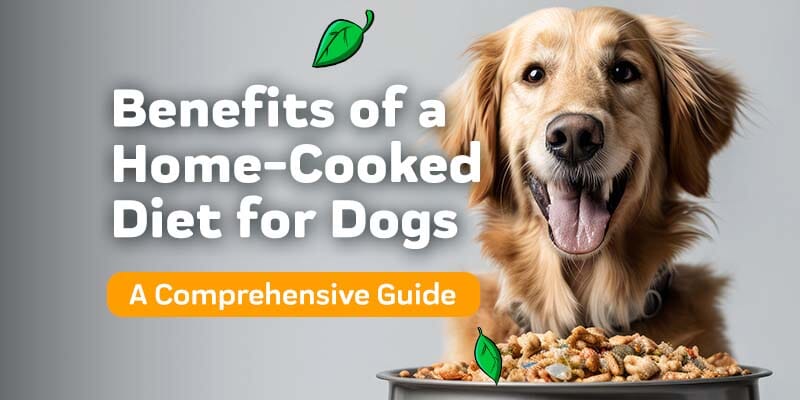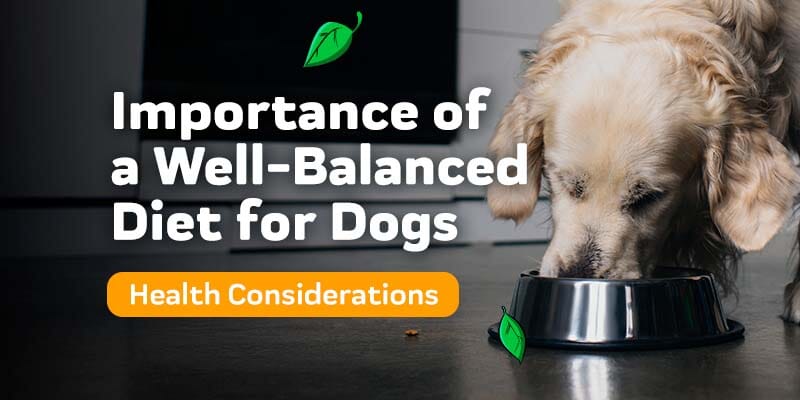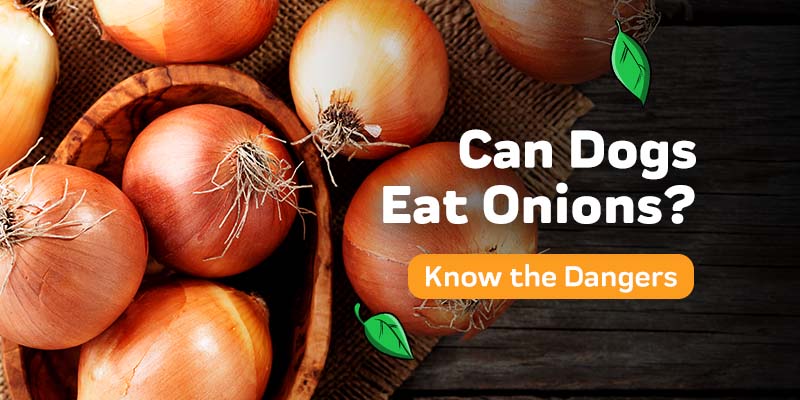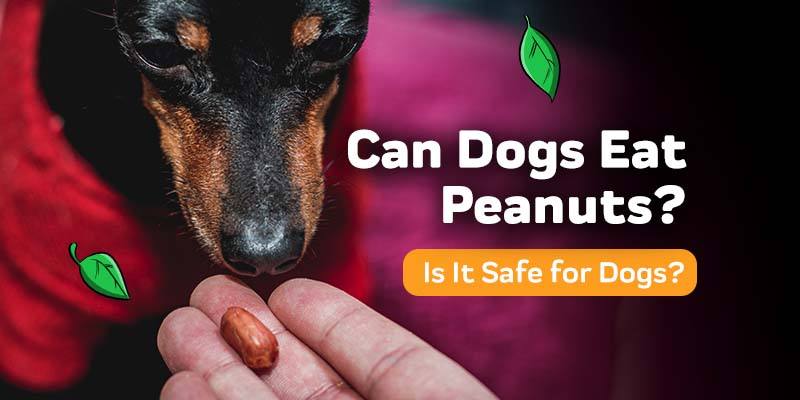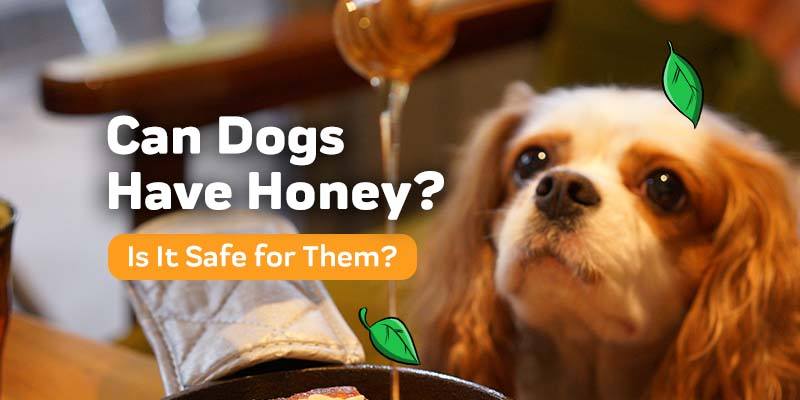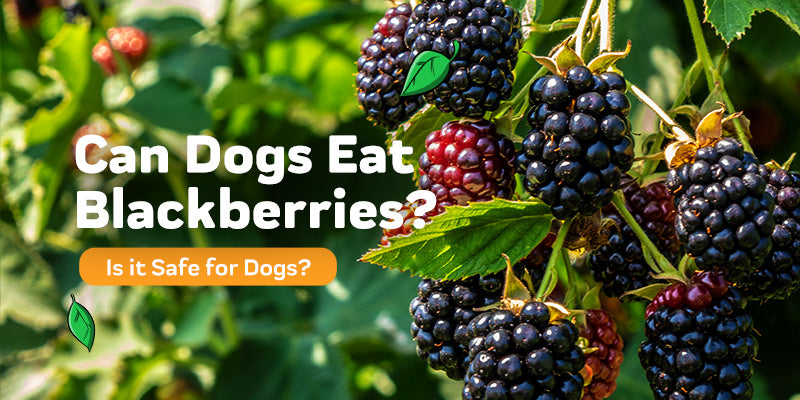6 Classic Thanksgiving Foods That Can Be Especially Dangerous For Dogs
![]() Reading Time:
Reading Time:
It is officially time to switch into Holiday mode. So say goodbye to October and Halloween tricks and treats; and bring on November’sThanksgiving Feasts. For many people, Thanksgiving goes hand in hand with meal prepping, house cleaning, guest hosting, money spending, and less sleeping; disrupting not only your routine, but your dogs routine as well.
Over the holidays, dogs are often introduced to a slew of new sights, smells, and people, which can cause over excitement and confusion. That being said, not knowing which table foods are dangerous for dogs, can be a recipe for disaster.
In an ideal world, all pet parents would research the items and ingredients that hold a high risk of making dogs sick. However, this time of year “free time” is a fleeting thought at best.
To help support dog owners avoid any health scares this Thanksgiving, Innovet Pet has compiled a list of 6 popular Thanksgiving dishes, to keep on the table and far away from your dogs.

Turkey (Meat and Bones)
Turkey is arguably one of the most common, traditional dishes served on Thanksgiving. In fact, according to a survey conducted by the National Turkey Federation, 88% of Americans will eat turkey on Thanksgiving. While there is nothing wrong with humans indulging in traditional tryptophan; Turkey, specifically the bones can cause serious health issues for dogs.
It is important to note that all cooked bones, not just turkey bones, can be dangerous for dogs to ingest. When bones are cooked, they tend to splinter easily, which can lead to a multitude of issues. For instance, bones can puncture a pet’s esophagus, stomach, and intestines, causing permanent damage and oftentimes require emergency surgery. As well, cooked bones can cut up their mouths, become lodged in their teeth, and can cause an obstruction in their bowels.
It’s also recommended you don’t give your dog the turkey meat itself, unless it is skinless, boneless, and unseasoned. The fats and oils (especially in the skin) is hard for dogs to digest and can cause pancreatitis.
Raisins and Grapes
They may be small, but grapes and raisins can be highly dangerous for dogs. They can cause irreversible damage and even be deadly when over consumed.
Keeping grapes and raisins away from smaller dogs is vital as 0.05 ounces of raisins per pound can result in kidney failure. Similarly, it only takes 1 ounce of raisins extremely dangerous to a 25lb dog.
Unlike with other toxic foods, experts are still unsure what specifically makes grapes and raisins so dangerous for dogs. It is the responsibility of the owner to keep their dogs away from dishes containing any amount of grapes.
Chocolate and Caffeine
While some people look forward to the savory dishes served on Thanksgiving, others can’t wait to indulge in the sweet treats that follow. However, the chocolate and dessert that comes with the occasion, is toxic too. This means coffee, desserts, and sweet treats are off-limits for both dogs and cats. With chocolate, the darker it is, the more deadly it becomes, making baking and dark chocolate significantly more dangerous than milk or white chocolate.
Nuts
It can make you feel a bit nutty when trying to figure out which nuts are safe for your dog and which ones are dangerous.
While we know that walnuts, pecans, and macadamia nuts are toxic to dogs, highly dangerous, and should never be given to a dog. There are still questions regarding almonds, hazelnuts, cashews, pistachios, pine nuts, and Brazil nuts. They generally aren't considered toxic to dogs, but can still cause discomfort.
Almonds are hard to digest, hazelnuts’ size makes them excellent choking hazards, and raw cashews contain a dangerous toxin. While pistachios, pine nuts, and Brazil nuts’ high-fat content can easily make your dog’s stomach upset and cause pancreatitis.
Stuffing
Stuffing isn’t inherently dangerous to dogs, but many times the recipes contain ingredients that can really make them sick. Stuffing often contains onions, garlic, mushrooms, grapes, or raisins, which are all dangerous for dogs to ingest.
According to the AKC, onions in all forms (be it raw, cooked, or powdered) contain a toxic principle known as N-propyl disulfide. That principle is especially dangerous as it can cause Hemolytic Anemia, which can be fatal for dogs.
Unless you know every ingredient included in the stuffing being served, it’s a good idea to keep it away from your pet.
Ham & Other Pork Products
While pork products aren’t necessarily toxic to dogs, they are often prepared with spices that are. Also, foods with a high-fat content can easily upset your pet's stomach, causing vomiting, diarrhea, or even pancreatitis. Much like Turkey meat, it is best to just avoid feeding ham and other pork products to the dog, just as a safety precaution.
Symptoms of Food Poisoning
One of the biggest reasons Veterinarians get calls from pet owners during the holidays is because their pet ate something they shouldn’t have. If you notice any of the following symptoms, there is a real possibility your pet ate something dangerous to their health. Typically, symptoms of food poisoning won’t occur until 6-12 hours after ingestion, but it is important to be aware of any behavioral changes any time over the holidays.
- Diarrhea
- Vomiting
- Lethargy
- Dehydration
- Irregular heartbeat
- Odd behavior
- Unresponsive
- Seizures/tremors
- Loss of appetite
- Bloody/black stool
The first thing you should do if you suspect your dog ate something dangerous is call your Veterinarian or ASPCA Poison Control at 888-426-4435
Conclusion
By not giving your pet one of the foods above, you’re going far in keeping them safe during all the festivities. Plus, that means more Thanksgiving leftovers for you!
For more great tips for keeping pets safe during the holidays and any other time during the year, make sure to keep visiting Innovet Pet.










